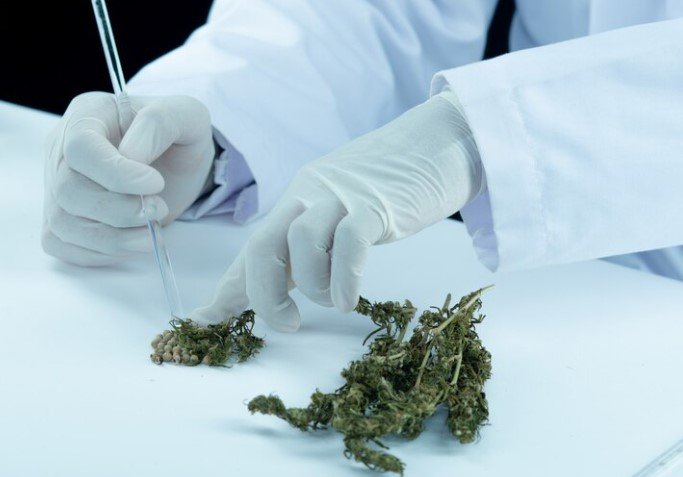The debate over the use of high-THC cannabis for medical purposes has intensified in recent years as more countries and states legalize or decriminalize the plant. While some patients and doctors claim that high-THC cannabis is effective and safe for treating various conditions, others warn of the potential risks and harms of consuming such potent products.

What is high-THC cannabis, and why is it controversial?
THC, or tetrahydrocannabinol, is the main psychoactive compound in cannabis that produces the “high” sensation. Cannabis products vary in their THC content, depending on the strain, cultivation method, and processing technique. Generally, cannabis flowers have a THC content of around 10% to 20%, while concentrates and extracts can have up to 80% or more.
Some patients and doctors argue that high-THC cannabis is necessary for treating severe and chronic conditions, such as cancer, multiple sclerosis, epilepsy, and chronic pain. They claim that high-THC cannabis provides faster and stronger relief than low-THC or CBD products and that it can reduce the need for opioids and other pharmaceutical drugs.
However, some experts and practitioners caution that high-THC cannabis may have negative effects on the brain and body, especially for adolescents and young adults. They point out that high-THC cannabis can cause anxiety, paranoia, psychosis, addiction, cognitive impairment, and memory loss. They also question the lack of clinical evidence and quality control for high-THC products and the risk of diversion and abuse.
How is high-THC cannabis regulated and prescribed?
The legal status and availability of high-THC cannabis varies widely across the world. In some countries, such as Canada, Uruguay, and South Africa, cannabis is legal for both medical and recreational use, and patients can access high-THC products with a prescription or a license. In other countries, such as Australia, Germany, and Israel, cannabis is legal for medical use only, and patients need to obtain approval from a doctor and a government agency to access high-THC products. In many countries, such as the United States, India, and Mexico, cannabis is illegal or decriminalized at the federal level, but legal or tolerated at the state or local level, creating a patchwork of laws and regulations.
The process and criteria for prescribing high-THC cannabis also differ depending on the jurisdiction and the condition. Some doctors and pharmacists follow strict guidelines and protocols, while others rely on their discretion and experience. Some patients and doctors prefer to use high-THC products as a last resort after trying other conventional or alternative treatments, while others use them as a first-line or complementary therapy. Some patients and doctors choose to use high-THC products in combination with low-THC or CBD products to balance the effects and reduce the side effects.
What are the challenges and opportunities for high-THC cannabis?
The debate over high-THC cannabis reflects the broader challenges and opportunities for the medical cannabis industry and community. On one hand, there is a growing demand and acceptance for cannabis as a medicine and a need for more research and innovation to develop safe and effective products and treatments. On the other hand, there is a lack of regulation and standardization and a risk of misinformation and misuse that could undermine the credibility and quality of the medical cannabis sector.
As more countries and states legalize or decriminalize cannabis, the medical cannabis market is expected to grow and diversify, offering more choices and opportunities for patients and doctors. However, this also means that there will be more competition and confusion, and a need for more education and awareness, to ensure that patients and doctors make informed and responsible decisions about using high-THC cannabis.
